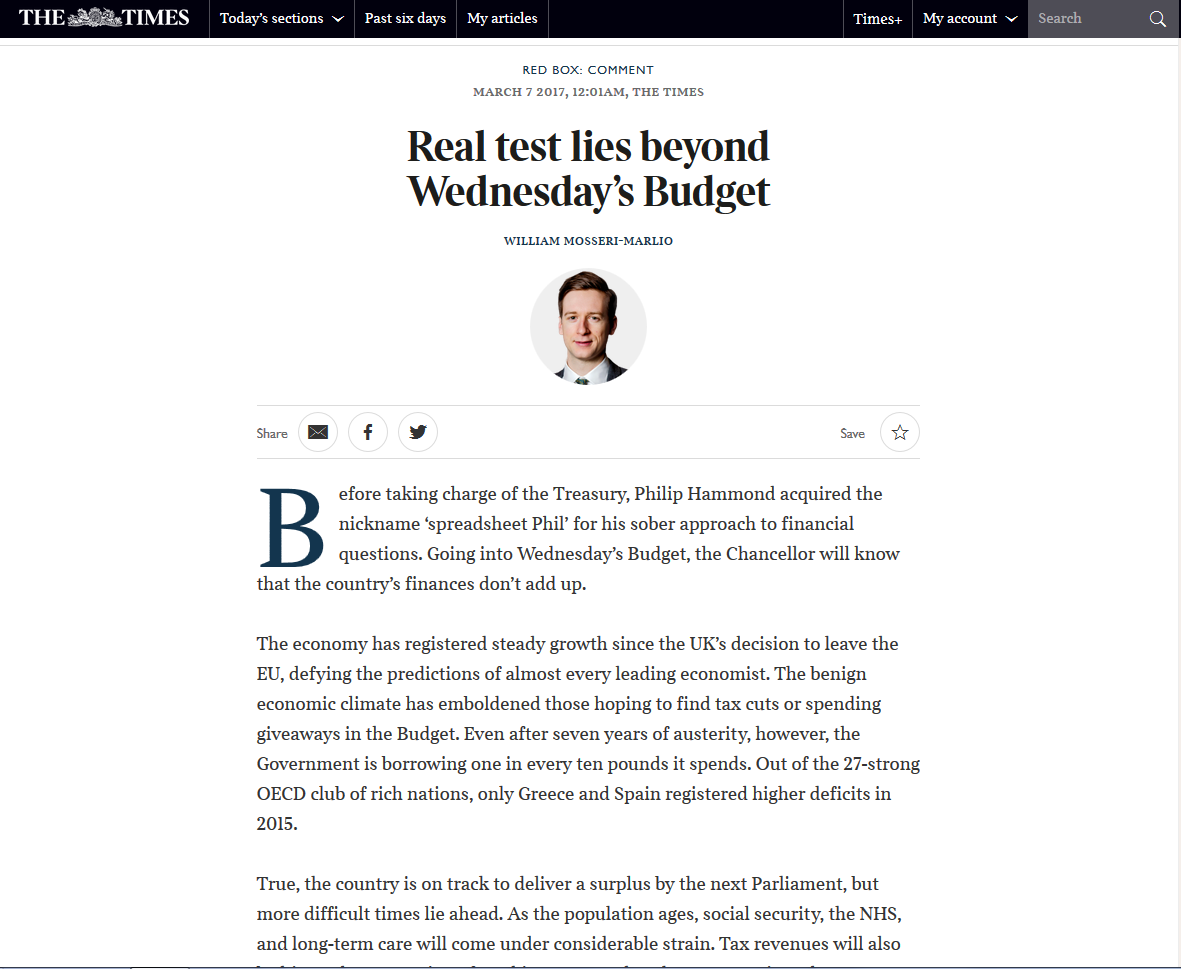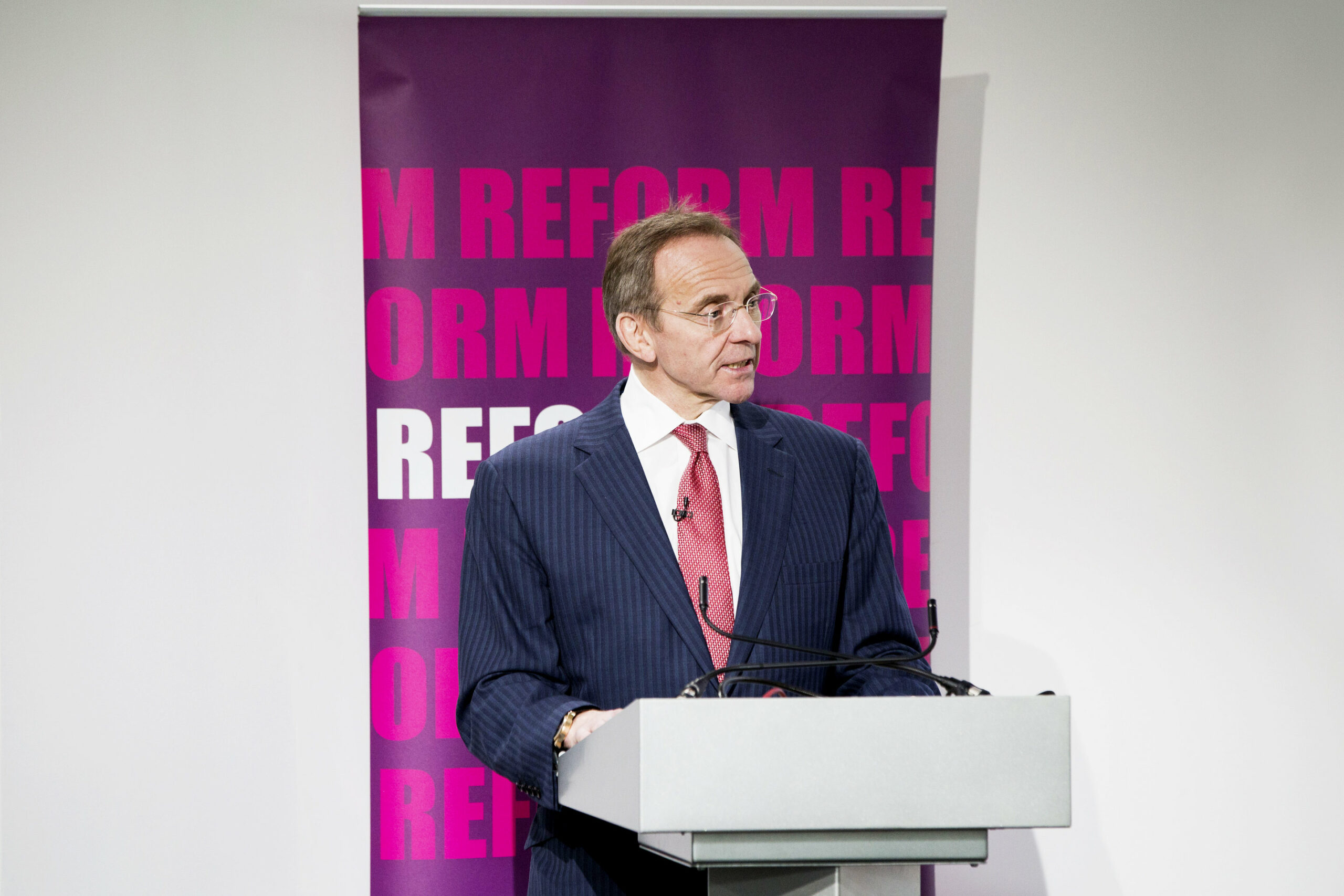Big Data in government conference: media coverage
Re:State held a conference in February 2017 exploring the opportunities and challenges of Big Data in government. John Manzoni, Chief Executive of the UK Civil Service and Permanent Secretary of the Cabinet Office, gave the keynote speech on the subject. It received the following coverage in the media.
Civil Service World "Speaking on Tuesday at a conference on big data use in government, organised by the Re:State think tank, John Manzoni said that gaining and retaining public trust was “absolutely critical to achieving our ambition of a data-driven government”." Read the full article here.
Computer Weekly "Speaking at think tank Re:State’s conference on big data, Manzoni said “data is at the heart of 21st century government” and that Whitehall and the wider public sector need to “use it properly”." Read the full article here.
Public Technology This article gives an overview of the main themes that emerged from the conference. Read the full article here.
Public Technology This article gives an overview of the key themes that emerged from the keynote speech made by John Manzoni, Chief Executive of the Civil Service and Permanent Secretary of the Cabinet Office. Read the full article here.
Government Computing "In a speech delivered to the Reform think tank, Manzoni set out the government’s long-held ambitions to ensure what it described as the “proper use” of the enormous quantities of data that it holds." Read the full article here.
UKA This article looks at the potential of Big Data in justice, a topic that was explored at the conference. Read the full article here.












